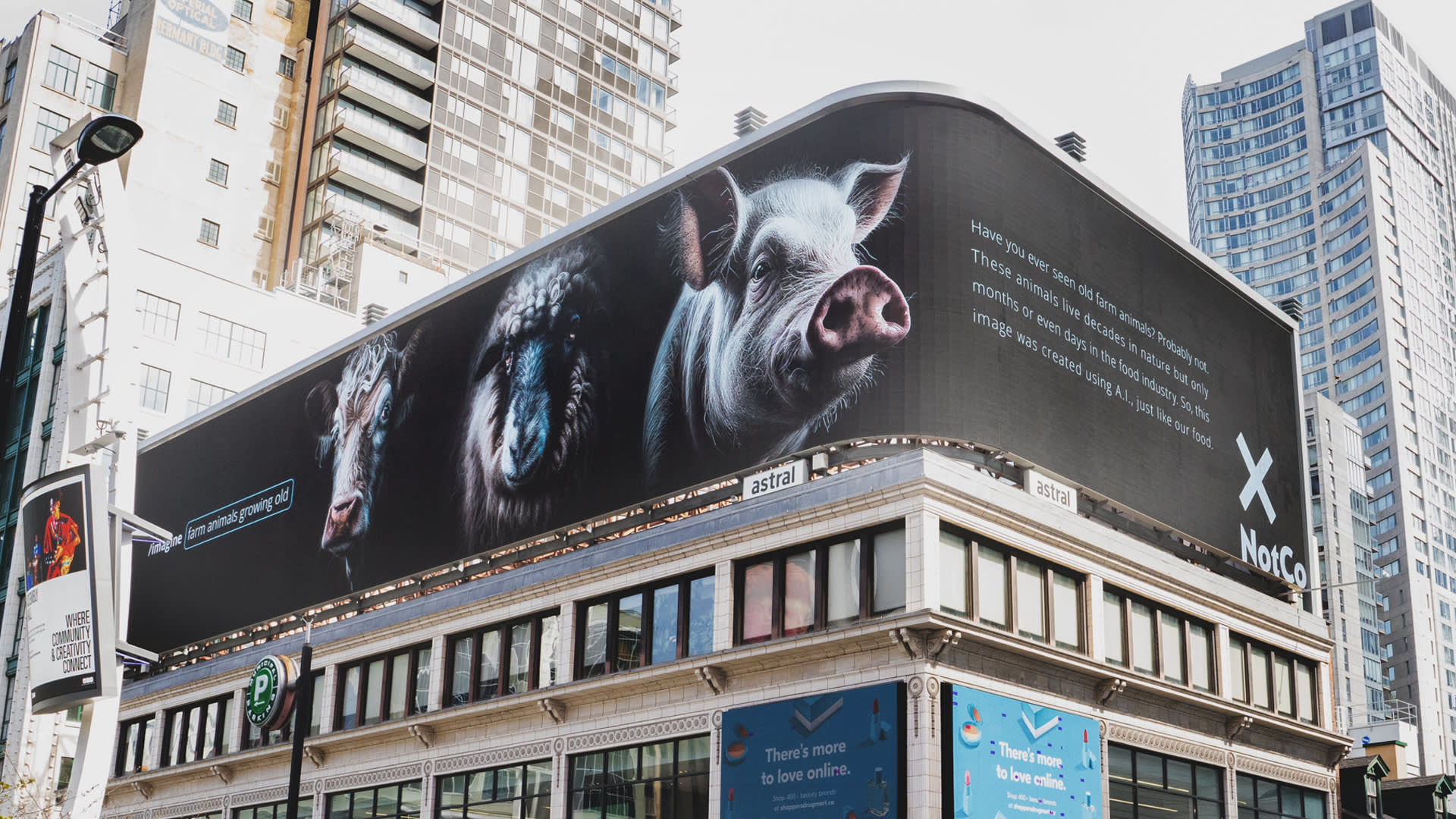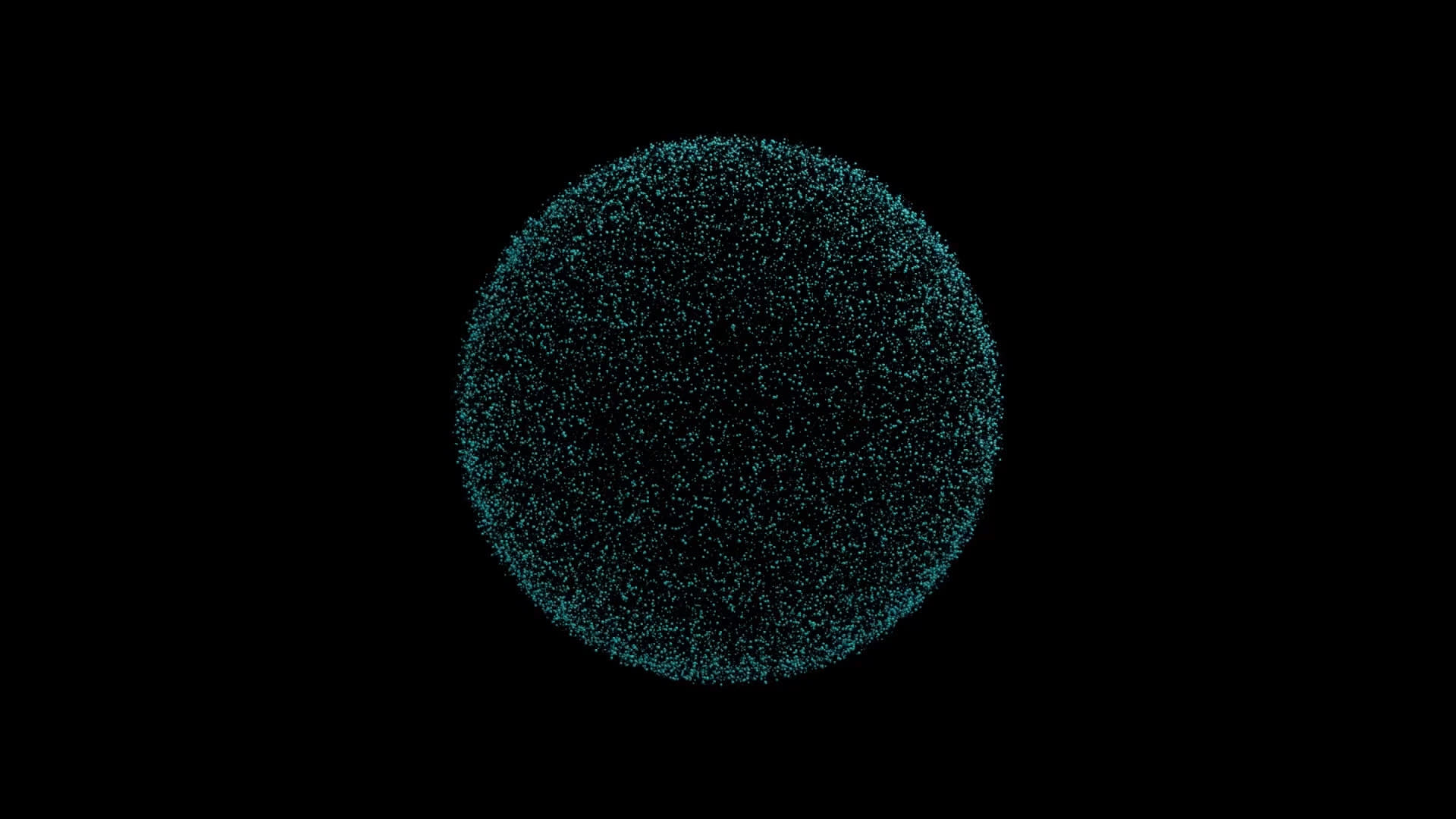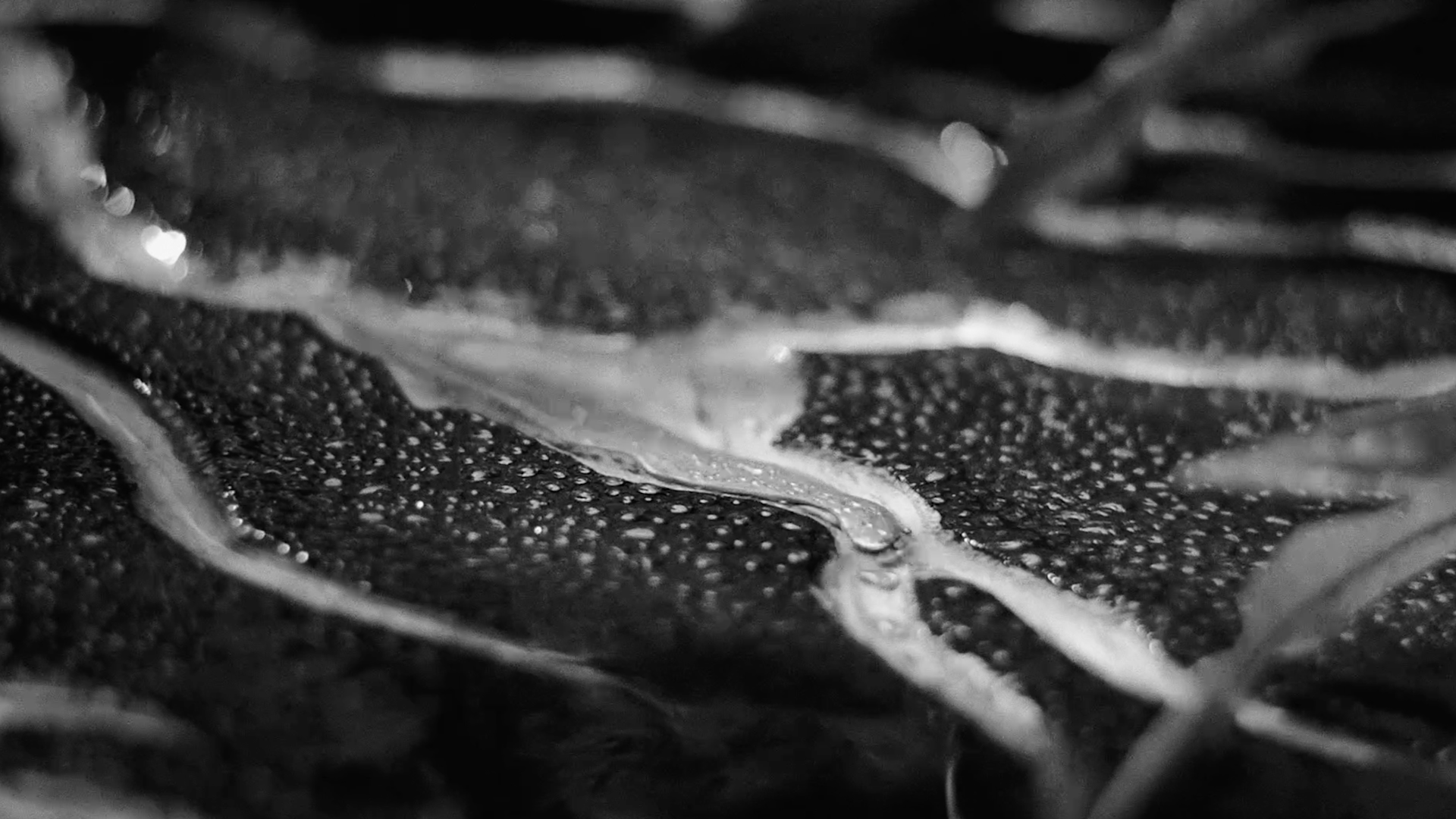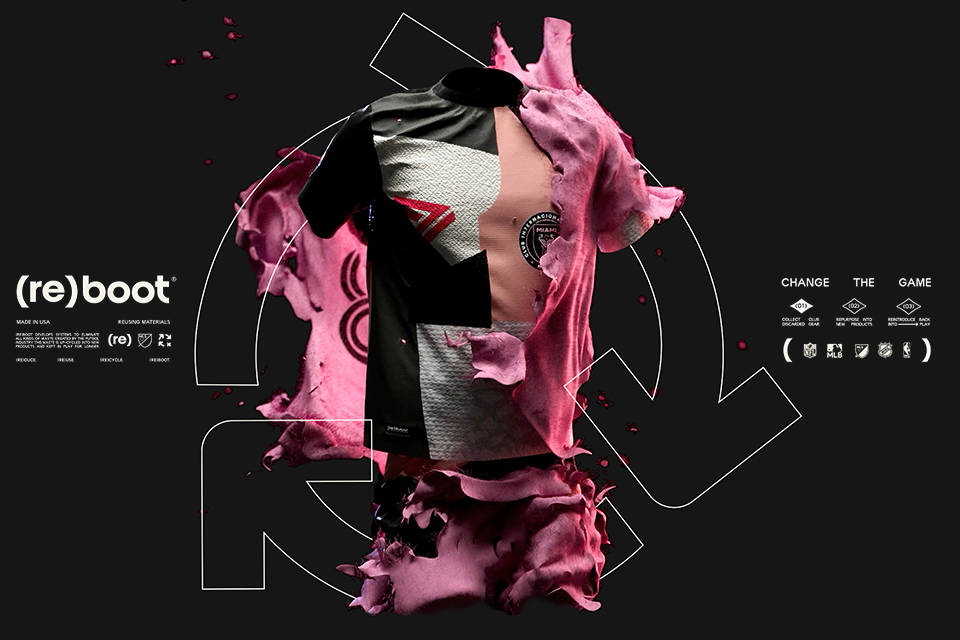Coca-Cola
Returnable Bottle
A circular model to keep waste out of the environment.
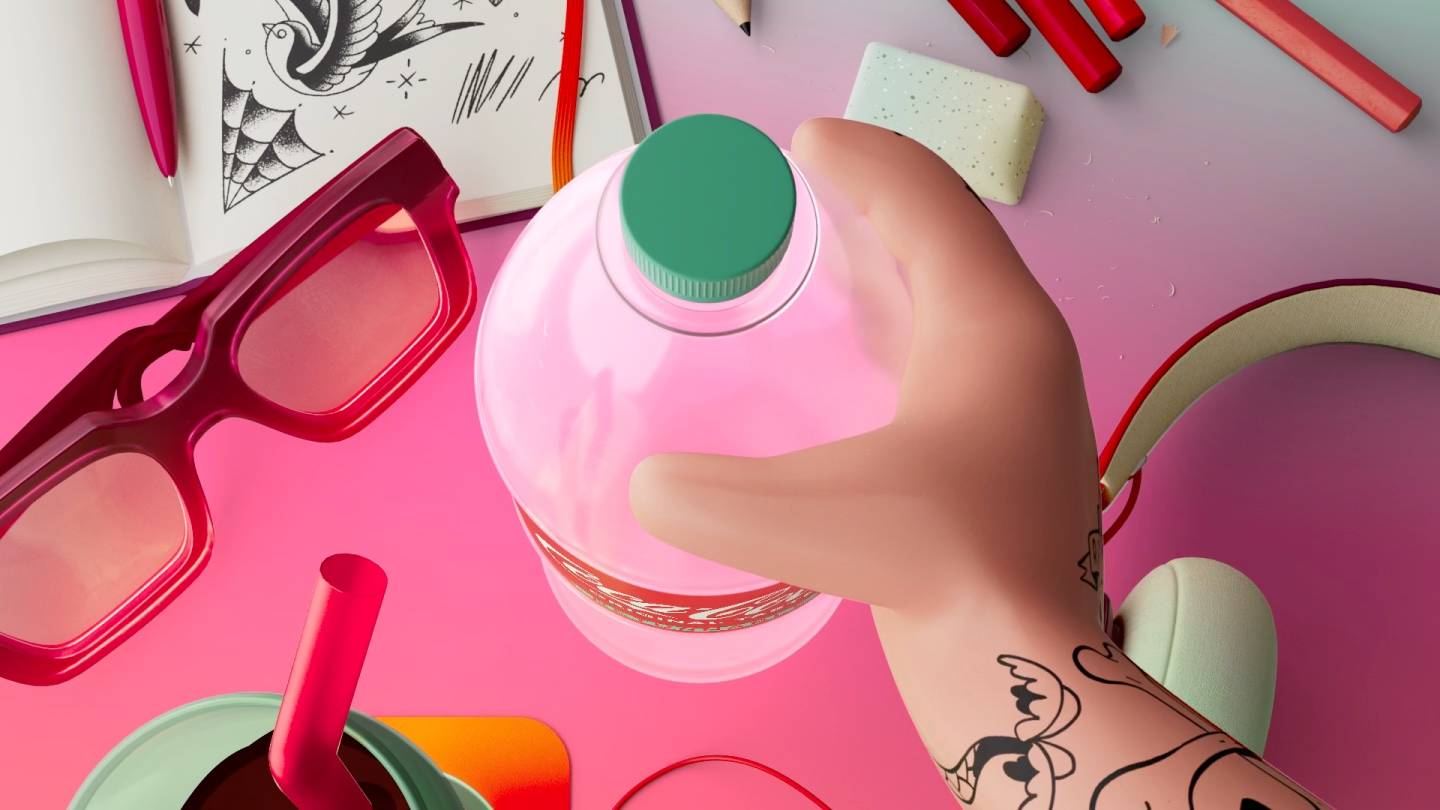
Insight
Returnables are the key for a world without waste.
In 2022, 1.5 trillion single-use plastic beverage containers were used by our global population. There are 2 billion tons of waste dumped on the planet every year, and plastic bottles are among the second most common litter items found improperly discarded or leaked into most natural, aquatic environment. They contribute to the global waste crisis minute by minute and are one of the top five products found in clean ups.
And yet we have an opportunity to prevent hundreds of billions of single-use plastic packaging from entering our natural environments. A 2023 report published by the global non-profit organisation Oceana found that just a ten percentage-point increase in reusable packaging by 2030 could potentially eliminate over 1 trillion single-use beverage containers. As Dr. Dana Miller says, “Companies have a responsibility to increase reusable packing in place of single-use packaging.”
Additionally, returnable plastic bottles kept in use for up to 25 life cycles harbour less of a carbon footprint than single-use plastic bottles. Manufacturers have reported that greenhouse gas emissions can be reduced by up to 47% compared to single-use plastic bottles. Circularity is a promising path towards a more sustainable future, one that companies such as Coca-Cola have rightly embedded in their future product strategies.
We believe that changing consumer behaviour is critical to achieving success. Our campaign supported Reborn Global Charter, and brought the concept of circularity to audiences across LATAM, culturally engaging audiences in choosing to return.
Idea
A Collective Invitation.
Through the collaborative efforts of individuals, communities and organisations to positively impact the environment, society and the economy, the returnable bottle can foster a more sustainable and resilient future for future generations.

Passing bottles.
Coca-Cola’s universal bottles have been designed with sustainability in mind, allowing for up to 25 uses before recycling. These bottles are versatile, as they can be easily refilled with the beverage of your choice.
To illustrate the life cycles of a universal bottle, we collaborated with 12 artists of diverse nationalities and backgrounds, creating a rich portrayal of the bottle’s journey, capturing its various phases with a blend of perspectives.
The life cycle of a single bottle is highlighted as we follow its journey through various hands. This narrative underscores the bottle’s contribution to a more sustainable lifestyle and longer lifespan of food and beverage containers. By encouraging others to reuse, the bottles seek to inspire a greater sense of responsibility and environmental consciousness.
Just a 10 percentage-point increase in reusable packaging by 2030 has the potential to eliminate over 1 trillion single-use beverage containers.
A generation of reborn.
Prior to single-use plastic bottles being introduced to the market in the later half of the last century, circularity was the norm for all consumer packaged goods. So, we tapped into that insight as well as the popular trend of elder influencers on social and developed a campaign that wove those two insights together in a uniquely hilarious way: Boomers enjoying a night out, fueled by returnable beverages.
Impact
Making a difference.
Leading global environmental organisations such as Break Free From Plastic, Greenpeace, and Oceana have welcomed The Coca-Cola Company in its commitment to achieving 25 per cent of all beverages globally across its portfolio of brands sold in returnable glass or plastic bottles or refillable containers by 2030. This goal is part of the World Without Waste plan, which identifies three main global goals to tackle plastic waste:
Make 100% of our packaging recyclable by 2025.
Use 50% recycled material in our packaging by 2030.
Have at least 25% of our beverages sold in refillable/returnable packaging by 2030.
